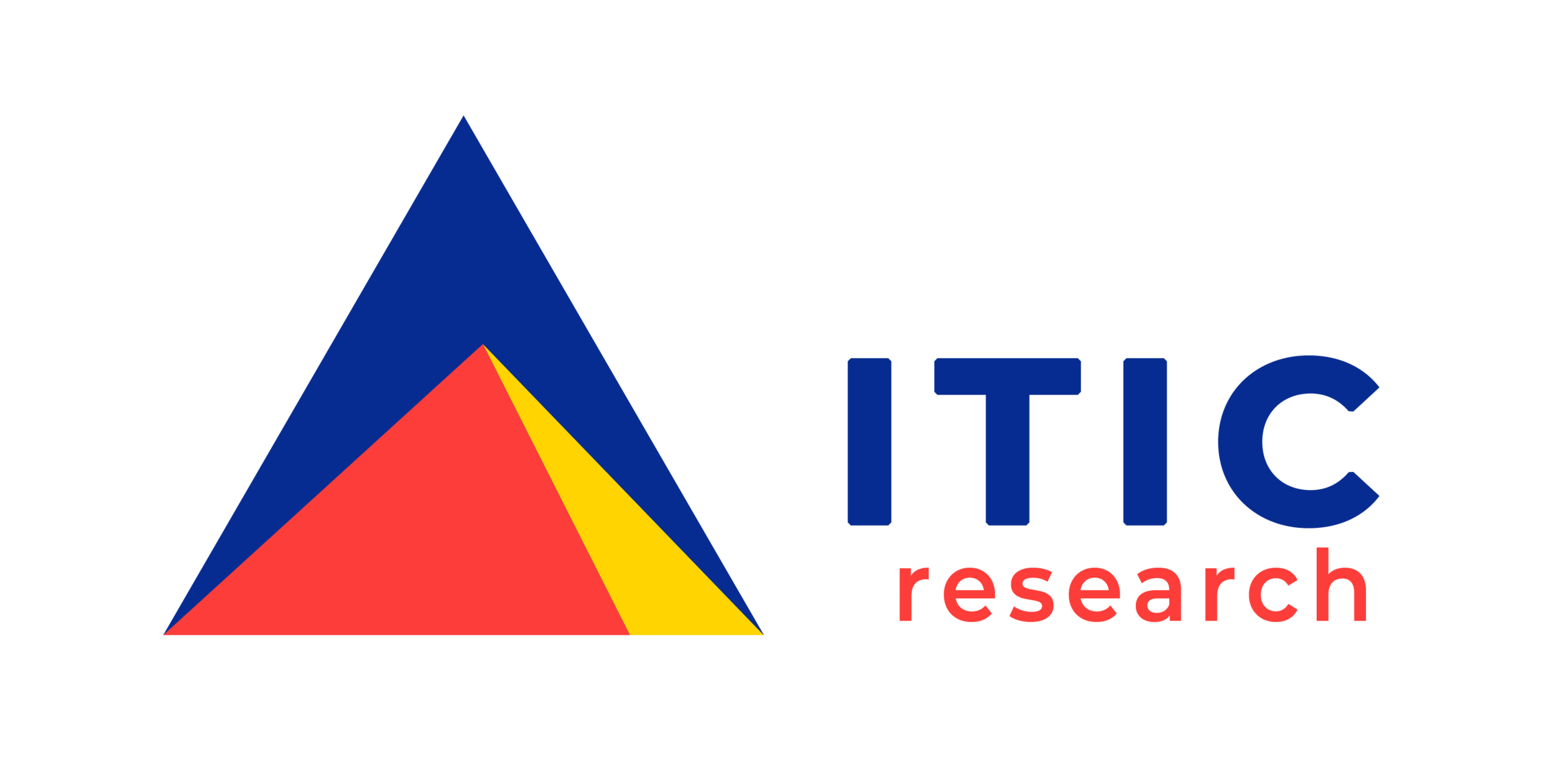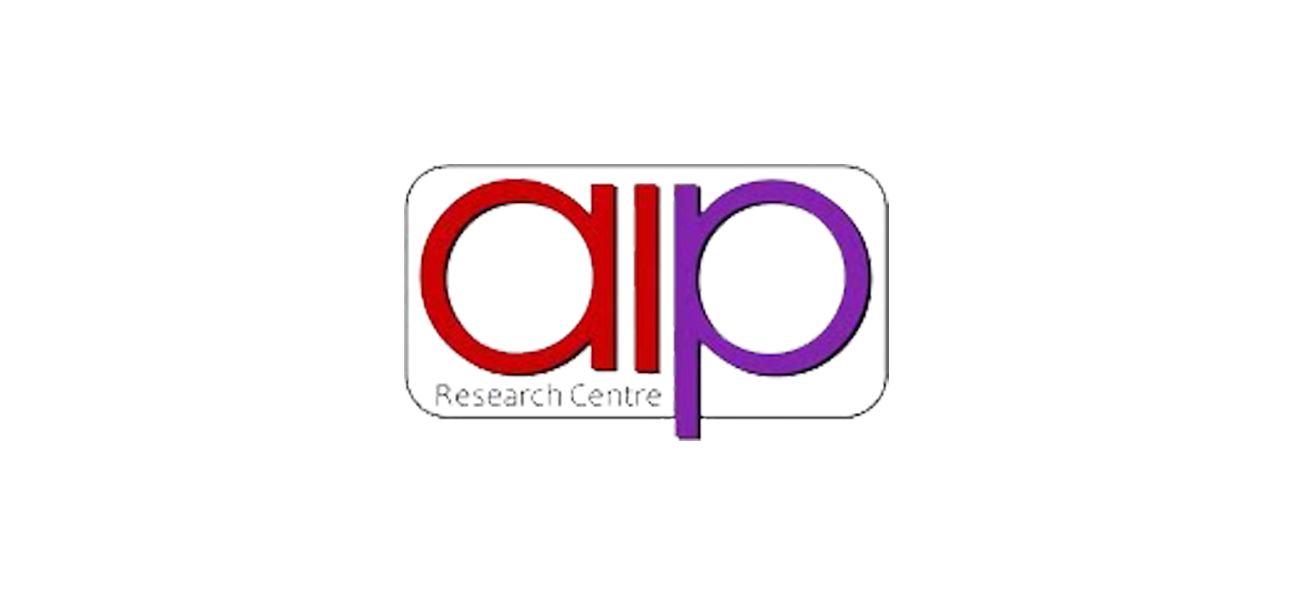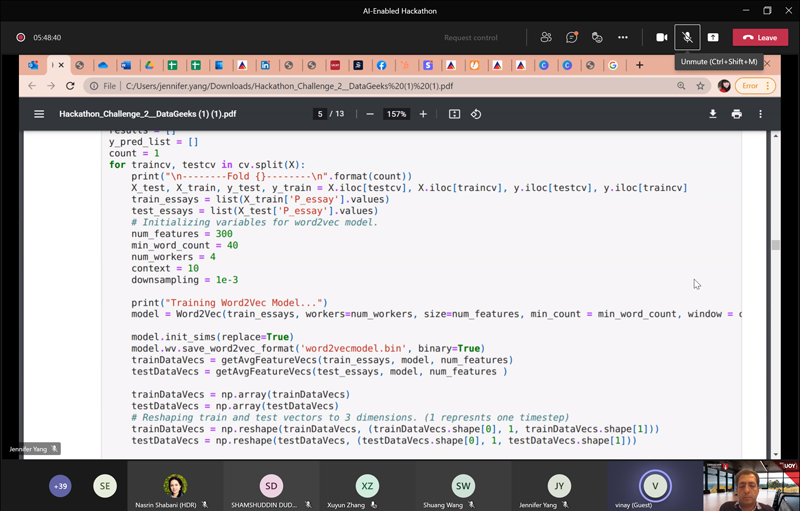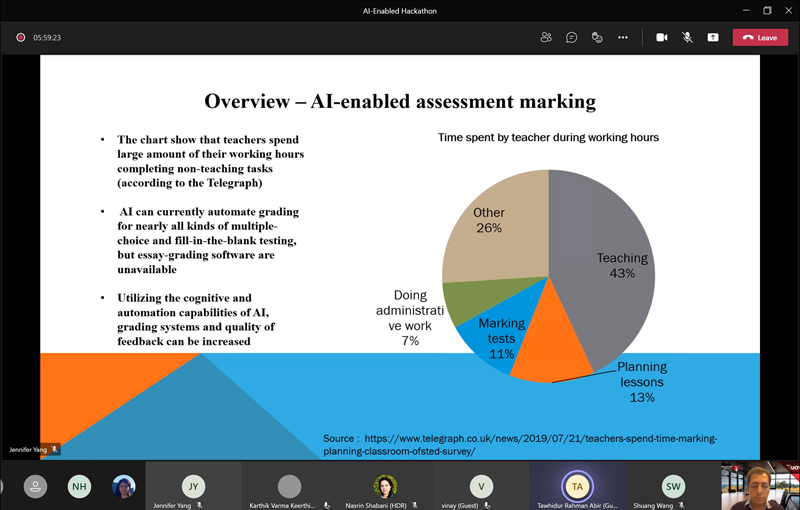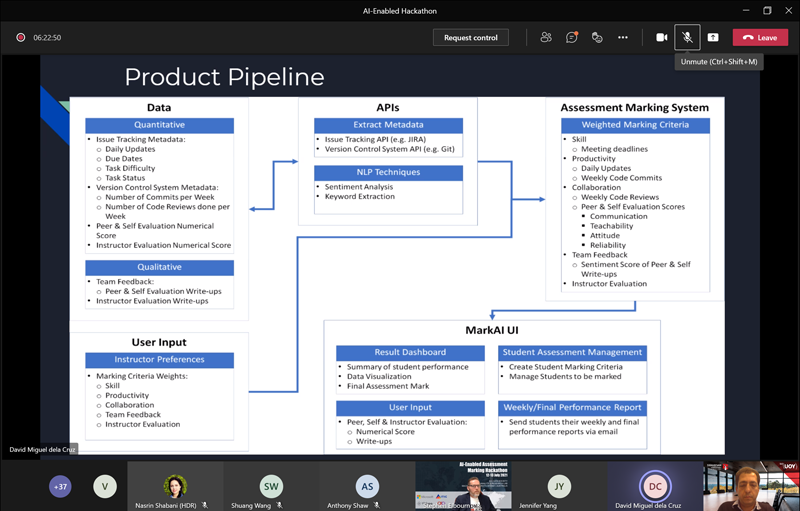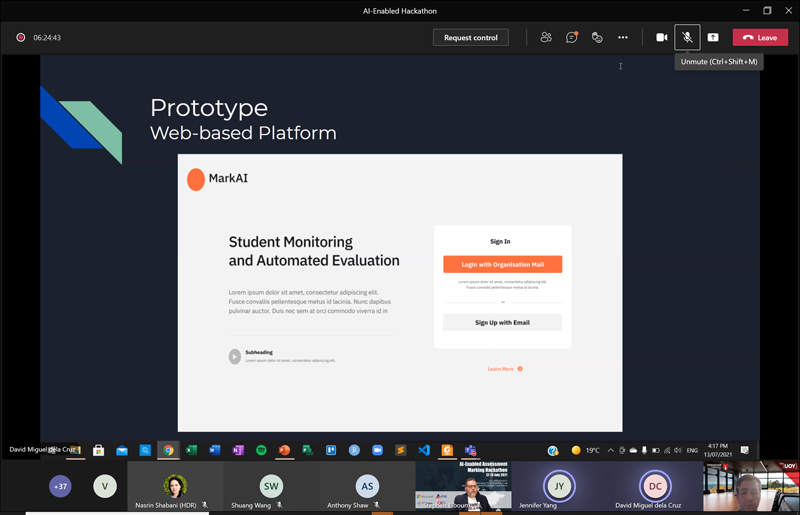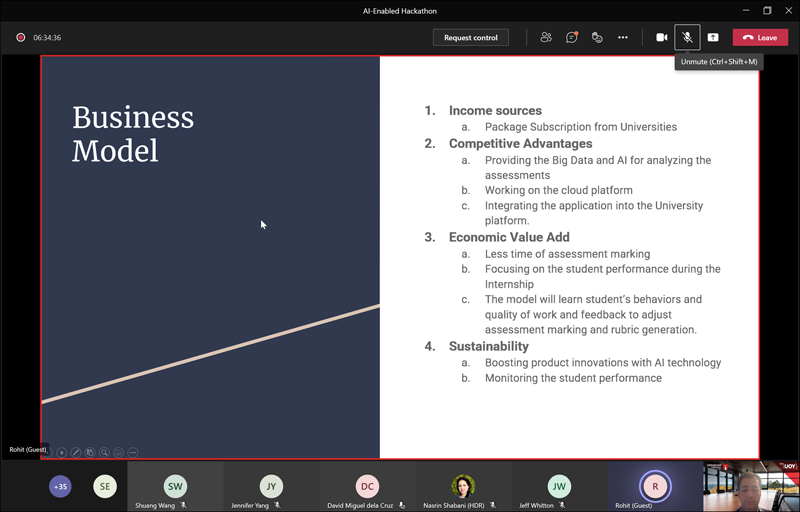AI Enabled
Hackathon
The AI Enabled Assessment Marking Hackathon is proudly sponsored by Microsoft Australia and ITIC in partnership with the AIP Research Centre at Macquarie University.
Held on July 12th and 13th, 2021, the virtual hackathon aims to shape the future of Artificial Intelligence in Education by finding smart solutions to automate assessment marking.
DIAMOND SPONSORS
HOSTED BY THE AIP RESEARCH CENTRE, AT MACQUARIE UNIVERSITY
The hackathon is open to all, whether you are an AI enthusiast, university student or industry professional.
Over $6000
in prizes
gift cards
training vouchers
giveaways from the sponsors
and much more!
Program
12th July 2021: Hackathon Day 1: Technical Summit
9:15-9:20 Associate Prof. Lynette Riley Welcome to Country
9:20-10:00 Opening
Prof. Michael Sheng (Head, Department of Computing, Macquarie University)
Stephen Elbourn (Director, ITIC)
Julang Mundine (Interim Chairman, Yirigaa), Yawun Mundine (CEO, Yirigaa)
Lee Hickin (Chief Technology Officer, Microsoft, Australia)
10:00-10:30 Keynote (AI-enabled Assessment Marking) + Hackathon Challenges:
Dr. Amin Beheshti (Director, AI enabled Processes (AIP) Research Centre - Macquarie University)
10:30 - 11:00 Industry Talk
Gavin Whyte (Chief Artificial Intelligence Officer at Public Sector Network)
11:00 - 11:30 Industry Talk
Thomas King (Higher Education Executive, Microsoft Australia)
11:30 - 12:00 Industry Talk
Steve Nouri (Head of Data Science and AI at ACS - Australian Computer Society
12:30 - 1:30 Lunch and Networking
1:30 - 2:00 Industry Talk
Thasmika Gokal (Cloud Solution Architect, Microsoft Australia)
2:00 - 4:00 Hackathon Training
Anthony Shaw (Senior Cloud Advocate, Microsoft Australia)
13th July 2021: Hackathon Day 2: Competition
10:00-12:30 Hackathon Challenges Q&A
12:30-1:30 Lunch and Networking
14:30-16:00 Hackathon Demo and Presentation
16:00-17:00 Prizes
Challenge
AI-enabled Assessment Marking
Reducing instructors’ workload in online and large-scale learning environments is one of the most important factors in educational systems. Carefully evaluating students’ performance and providing informative feedback will have a significant impact on improving students’ learning and achievement. However, often in a large classroom or in a Massive Open Online Course (MOOC) with hundreds of enrolled students, evaluating each student’s performance and providing feedback on each student’s work, which is sufficiently descriptive aiming to prevent students’ misunderstandings, may not be feasible.
The challenges in this hackathon will focus on novel applications of AI in education (from machine learning and data analytics to process automation and cognitive assistants) aiming to automate assessment markings, resolving students' misunderstandings, and reducing instructors' workload when interacting with students on a large scale.
Hackathon Challenges
Challenge 1: STEM Units (Science, Technology, Engineering and Mathematics) Marking
This challenge will be algorithmic and will target participants with a Computer/Data Science background. Participants will develop a learning system to perform an intelligent STEM assessment marking.
Challenge 1 Winners
1st Place: Team Assessment Jugglers (Vala Ali Rohani, PhD, João Raimundo, André Ribeiro, and Alireza Ostovar)
2nd Place: Team easy2vec (Ambreen Hanif, Lei Yang, Maryam Shahabikargar, Salman Mousaeirad, and Vrushali Mehta)
3rd Place: Team Sequoia (Sahar Moradi and Hamid Zavvari)
Challenge 2: non-STEM Units (e.g., English, Arts, Humanities) Marking
This challenge will be algorithmic and will target participants with a Computer/Data Science background. Participants will develop a learning system to perform an intelligent non-STEM assessment marking such as marking an Essay (a short piece of writing on a particular subject such as English, History, and Geography).
Challenge 2 Winners
1st Place: Team MQ Logical Fools (Tawhidur Rahman, Adiba Zarin, and Md Sakib Alam)
2nd Place: Team DataGeeks (Vinay Kumar Redday, Shamshuddin Dudekula, and Karthik Varma Keerthipati)
3rd Place: Team S2MILE (Xuyun Zhang, Haolong Xiang, Wenwen Gong and Xiaoxiao Chi)
Challenge 3: Project-based Units (e.g., Internship) Marking
This challenge will focus on building a software prototype (UI) and will target participants without a coding background. Participants will develop a prototype for a system to help instructors in monitoring the activities of students during the internship and help in evaluating the knowledge, skills, and performance of students during the internship.
Challenge 3 Winners
1st Place: Team MarkAI (David Miguel B. Dela Cruz, and Alyssa Raphaella Lim)
2nd Place: Make Assessment Lazy (Rohitranjan Vasantkumar Gupta, Masroor Hossain, Albert HOANG, and Niraj Prasad Bhatta)
Picture from the last in-person Hackathon hosted by IBM and sponsored by ITIC 9th – 10th March 2020 at IBM HQ, George St, Sydney.


